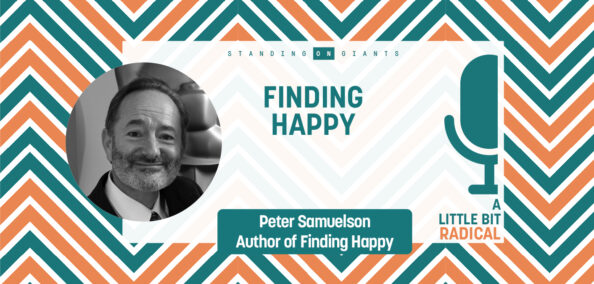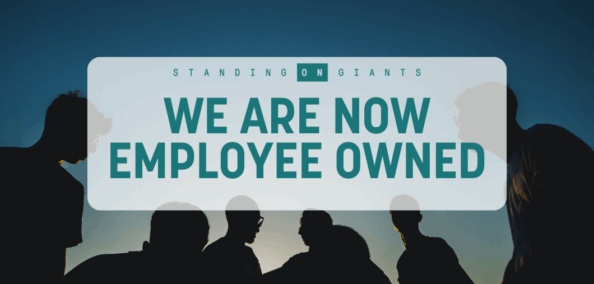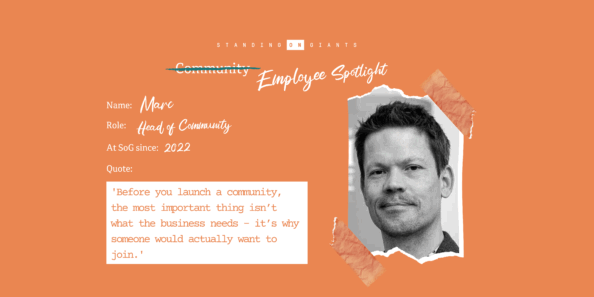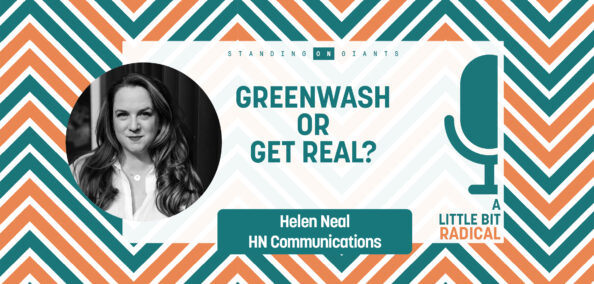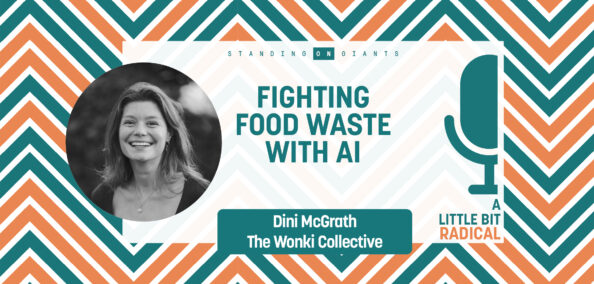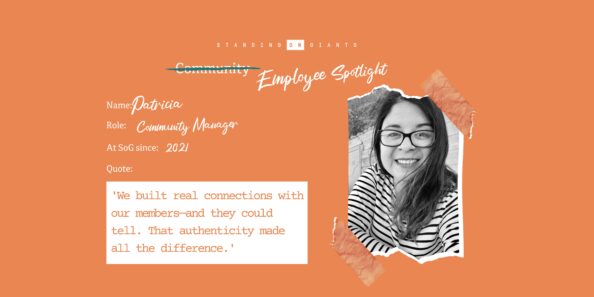Our Blog
Discover the system we use with our clients to build award-winning communities.
About the Company Standing on Giants is the world’s first agency for businesses that want to build a brand-owned, online…
Dolphin costumes, taking risks, and the secrets of happiness In this conversation, film producer Peter Samuelson shares his journey from…
We’re proud to share some exciting news. As of 3 June 2025, Standing on Giants is officially 100 percent employee…
Online communities are great for connection, collaboration, and shared experiences. But let’s be honest – not every comment comes wrapped…
Welcome back to our series of Employee Spotlights, which is inspired by a common content idea across various types of…
Greenwash, Corporate Burnout, Going All In What does it take to communicate climate action with honesty, without falling into the…
Fighting Food Waste, Running Away to the Circus, and Closing the Funding Gap What do running away to a Swedish…
Welcome back to our series of Employee Spotlights, which is inspired by a common content idea across various types of…



